Oftentimes, I find that theological reflection is like trying to navigate terrain that I have never visited before. It can seem that whenever I make progress in one direction, something from miles behind me draws me back to the start. A multitude of forces can inspire this reconsideration, which continually renews my perceptions of the world around me. It is both infuriating while at the same time the reason that I have always been drawn to this form of inquiry. What is unique about this “theological reset button” is that it can be pressed by even the slightest suggestion found in an email from one of your advisors. It was curious how this one piece of advice slowly crept into every thought since I read it, making it impossible to write about anything else. On its own merits, this small idea has shown me the nature of theological reflection as it slowly takes my mind to depths I had never considered. Theology is like a slow cooker. If you rush too fast for inspiration, the theological dish will come out incomplete; however if you give it plenty of time to cook, it will become richer, deeper, and easily connected to our own personal histories. I feel that I didn’t give this cooker enough time when I submitted my post two weeks ago. Eager to write and naïve to the slow nature of theological development, I let my mind run wild. Inspired by the words of one email from Shea, the PLT staff member who directs the internship program, I would like to return to the idea of my Haven routine originally presented in the post on washing dishes with Lee.
Before I begin, I still stand by everything I learned before, which I described in my original post. My new reflections on this topic in no way negate what I learned the first time around. That moment on its own pushed me outside my comfort zone into new theological ground to map out. It was because of the bursting of my comfort bubble that it is even possible to expand upon the ideas of the routine. That being said, I fear I have swung too far to the other side of the argument. In lifting up the spontaneity of moments with Lee, I wonder if I have downplayed the importance of routine. The email I received from Shea had one simple question: “how might [the routine] be forming you?” For two weeks, that question has swirled around in the slow cooker, and I hope now that my theological feast is more “well done.” My post did a good job examining the harmful effects of what Shea referred to as “dry ritual.” Rather than being perceptive enough to see the theological implications of my work, I let my ritual lull me into a theological slumber where I was preoccupied by the exoteric job of dishwashing and not with the more esoteric lessons of working at the Haven.
But what would completely discounting a routine look like? An anarchic volunteer schedule with zero consistency? Rationally, that is not a practical way to run an intake program that requires consistent volunteering to function. Along the same line, if I came at regular times but jumped around from looking for encounters and chasing the next theological breakthrough, I would be a nightmare to the kitchen supervisor and the other volunteers who would pick up my slack. Obviously, a synthesis is in order. How can Dorothy Day and Peter Maupin open “houses of hospitality” that operate on a strict schedule but still give Day the feeling that “there was to be no end to my learning” (Loaves and Fishes, 14). How can the Open Door Community stave off the temptation to be complacent in what they are doing? Has Ekblad ever experienced a Bible Study where he felt like he was going through the motions and there seemed to be no theological value to the discussions? Even while meditating on these questions now, I see their weighty significance.
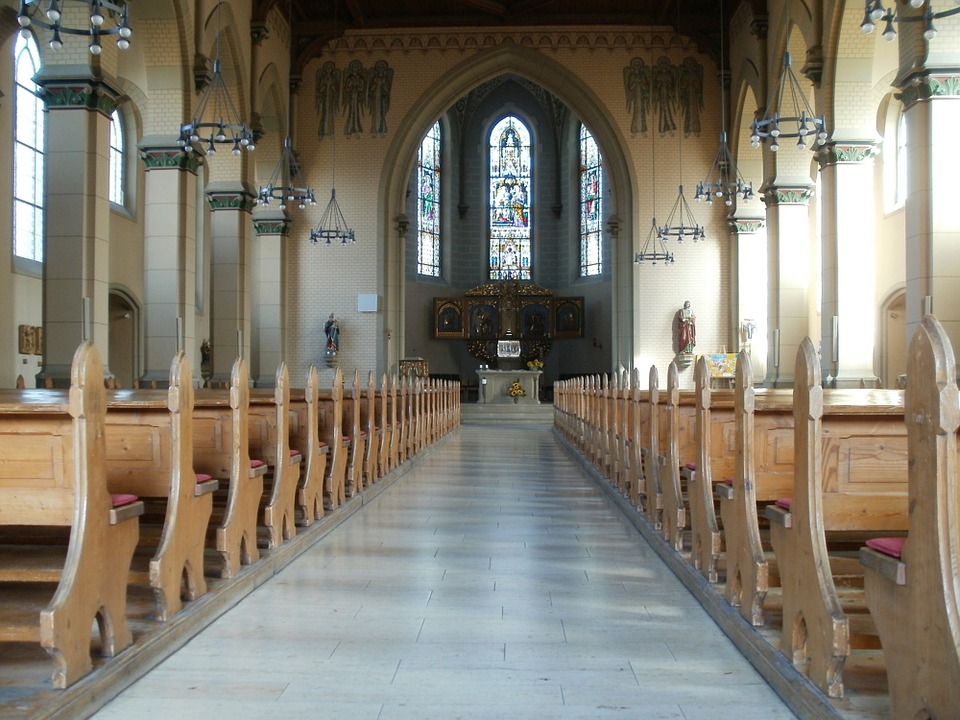
The final piece of the puzzle fell into place when I met with Professor Warren. Sitting at a table on the outdoor patio of the Bodo’s on Main Street, we discussed the physical division of a church into the sacred characterized by the altar, the pews of humanity facing the sacred and finally the middle aisle that creates a bridge between the sacred and the everyday. A physical representation of a mental and spiritual space, this middle ground is where humanity is receptive to the spiritual while God reveals himself to the people. It is in this conception that a routine becomes so vital to theology. A weekly or daily routine sets up this “aisle space” where theological work can occur. Whether this comes in the form of receiving communion on a weekly basis or having a schedule of work at the Haven, this routine gives the human a chance to enter into the aisle, navigate the terrain, and fire up the slow cooker. I just have to be patient and observant enough to notice when the sacred breaks into my routines and reshapes my theology. Lee and the washing of dishes didn’t just come out of left field to change my outlook and refocus my eyes on what is important. The routine of being in the Haven kitchen every morning opened up the possibility of the divine in-breaking that reformed my theological thought. As a result, theological reflection becomes a response to the lessons presented to me in this routine rather than an inconsistent yearning for the next profound moment. Furthermore, the burden of theological creativity is shifted away from my finite mind and onto the God of the universe who educates me through Lee and washing dishes, a dollar bill, the words of Henri Nouwen and tomatoes.

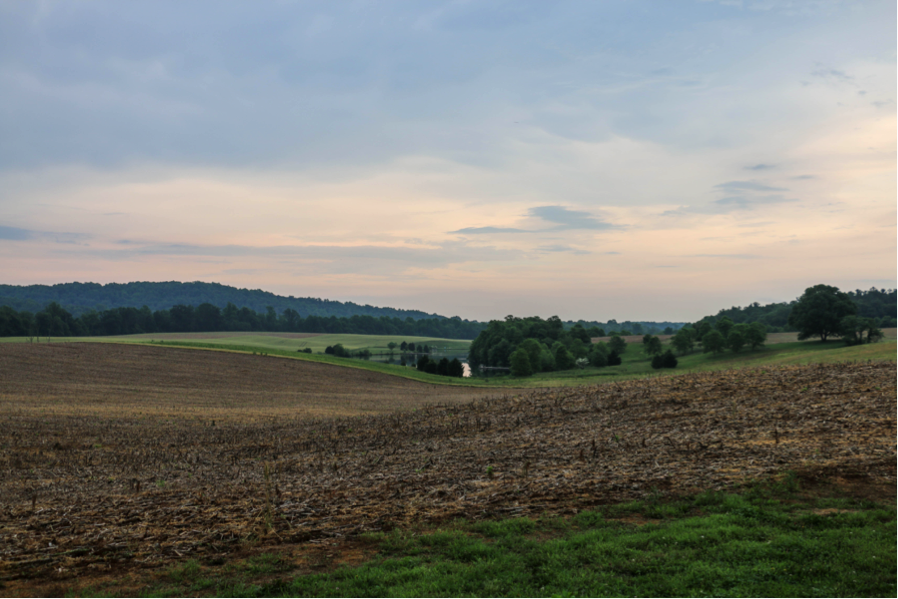

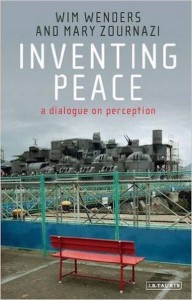 A Dialogue on Perception
A Dialogue on Perception
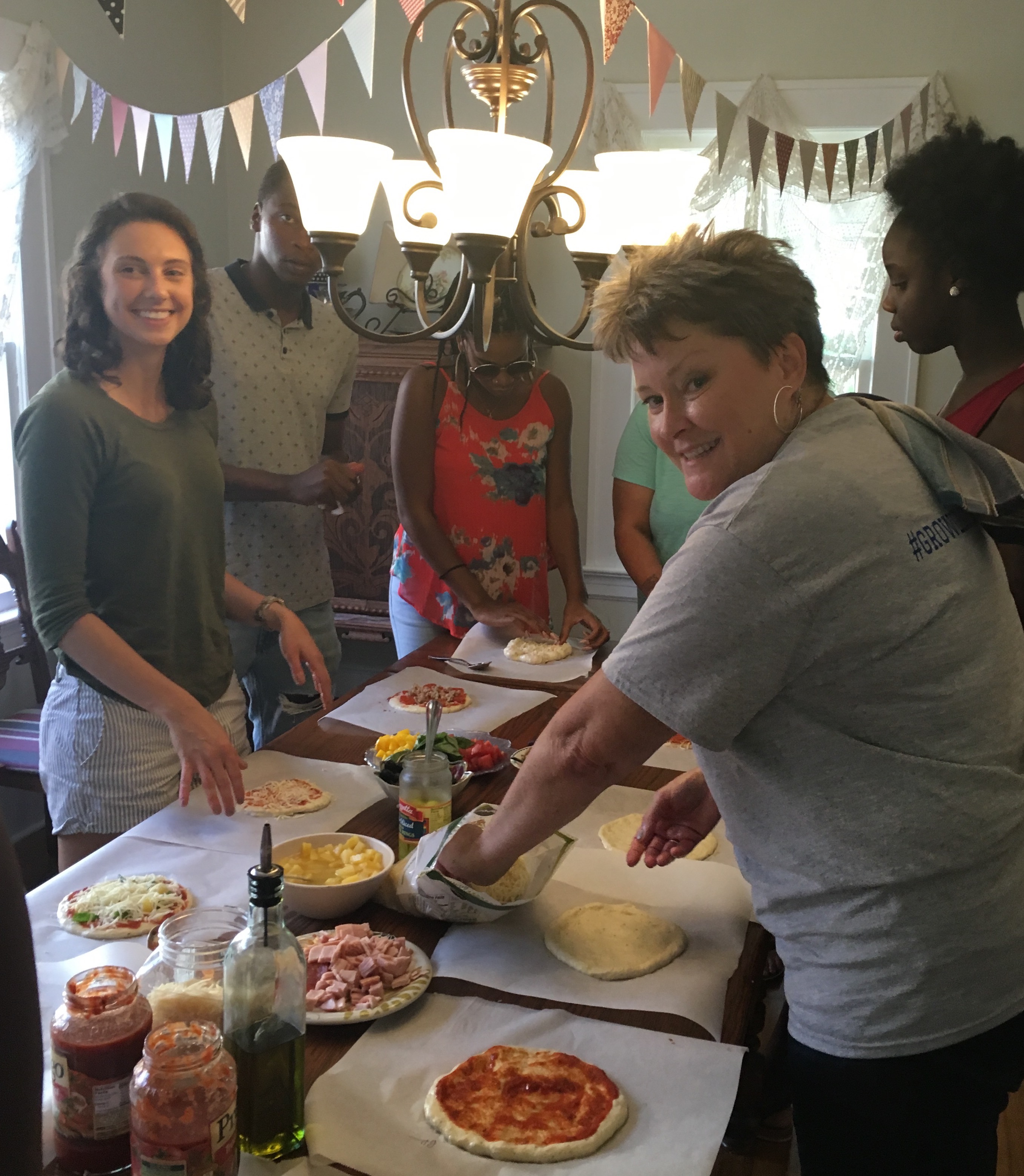

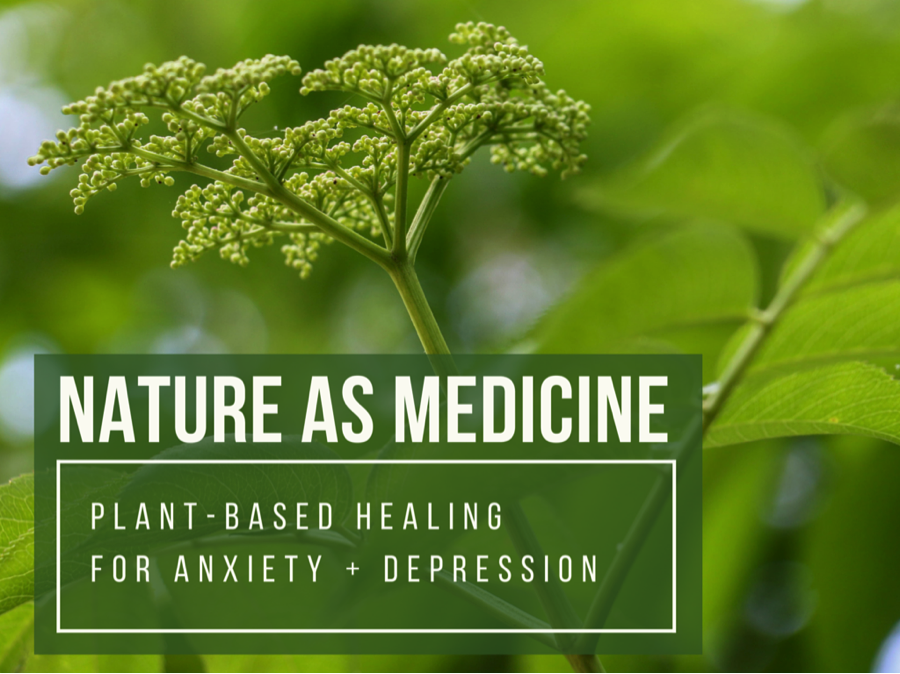
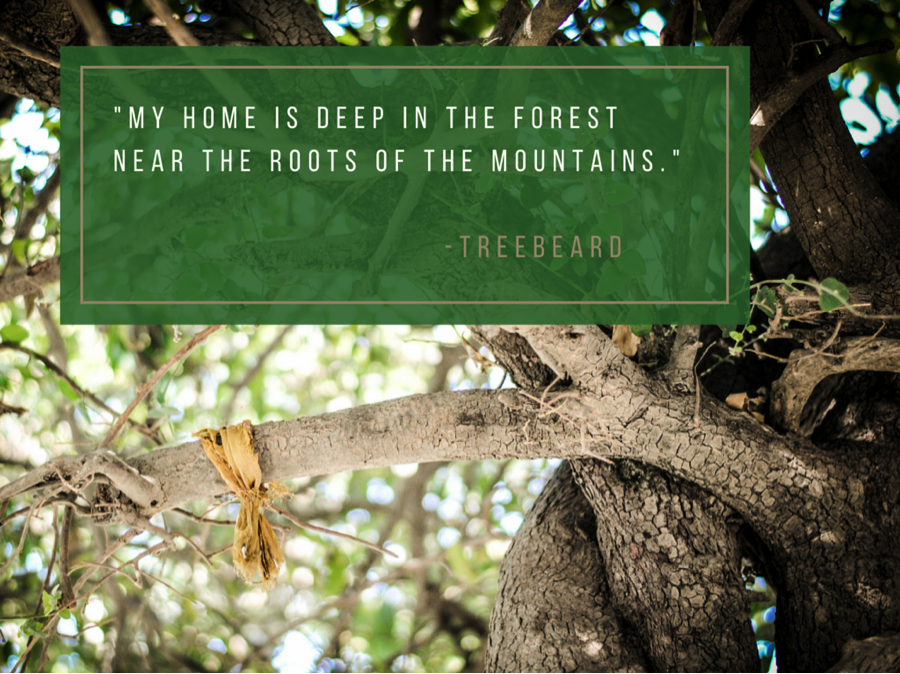


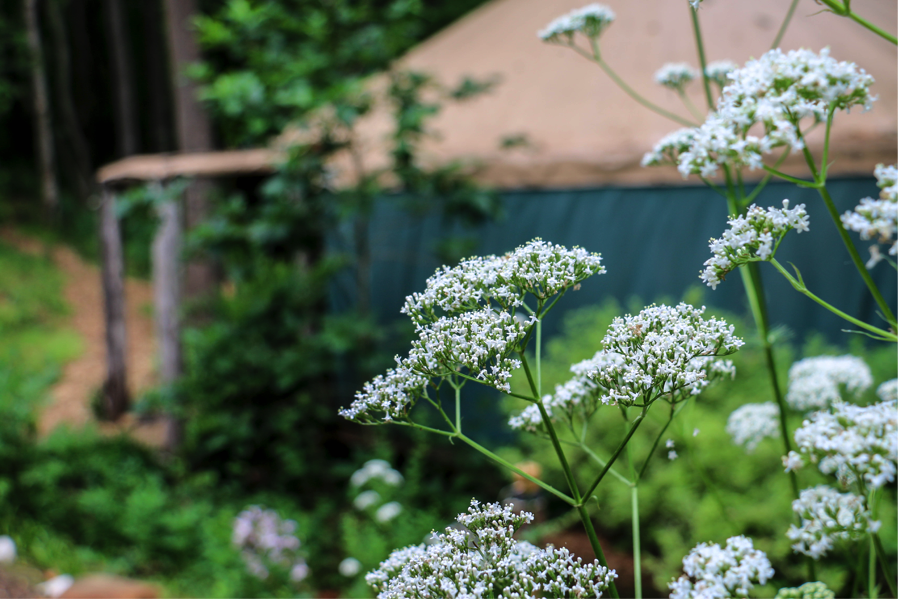 The yurt is a special place. Despite standing 14 feet high at the tip of the ceiling dome and 7 feet high at the circular walls, the weather-proof canvas structure rests comfortably amidst the lush forest scenery. The perfect balance of ancient wisdom and contemporary design, a wooden platform secures this up-scale version of the traditional Mongolian housing, a design used by nomads for
The yurt is a special place. Despite standing 14 feet high at the tip of the ceiling dome and 7 feet high at the circular walls, the weather-proof canvas structure rests comfortably amidst the lush forest scenery. The perfect balance of ancient wisdom and contemporary design, a wooden platform secures this up-scale version of the traditional Mongolian housing, a design used by nomads for 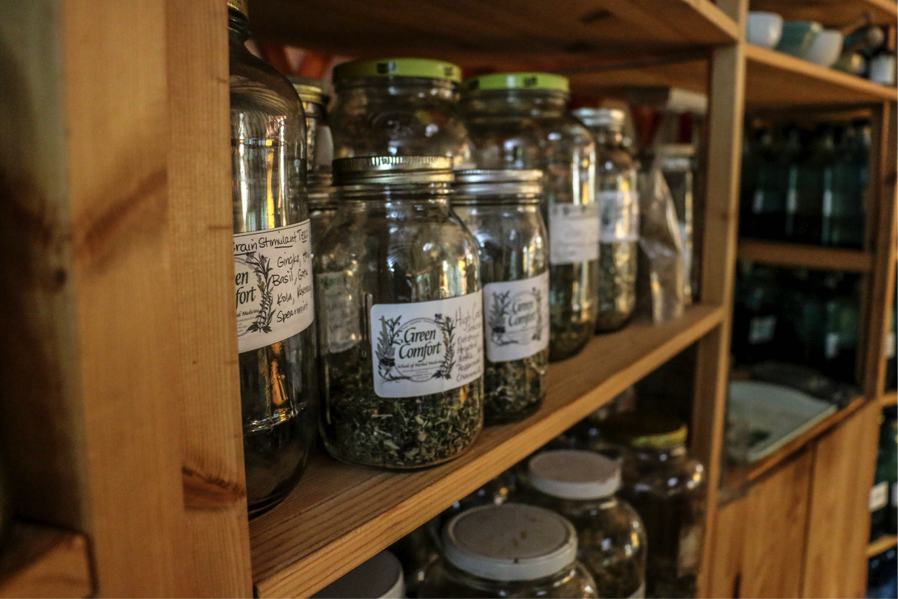 Especially after reading the
Especially after reading the 